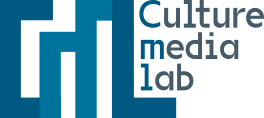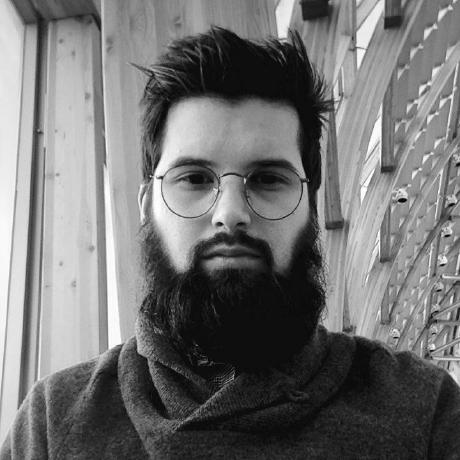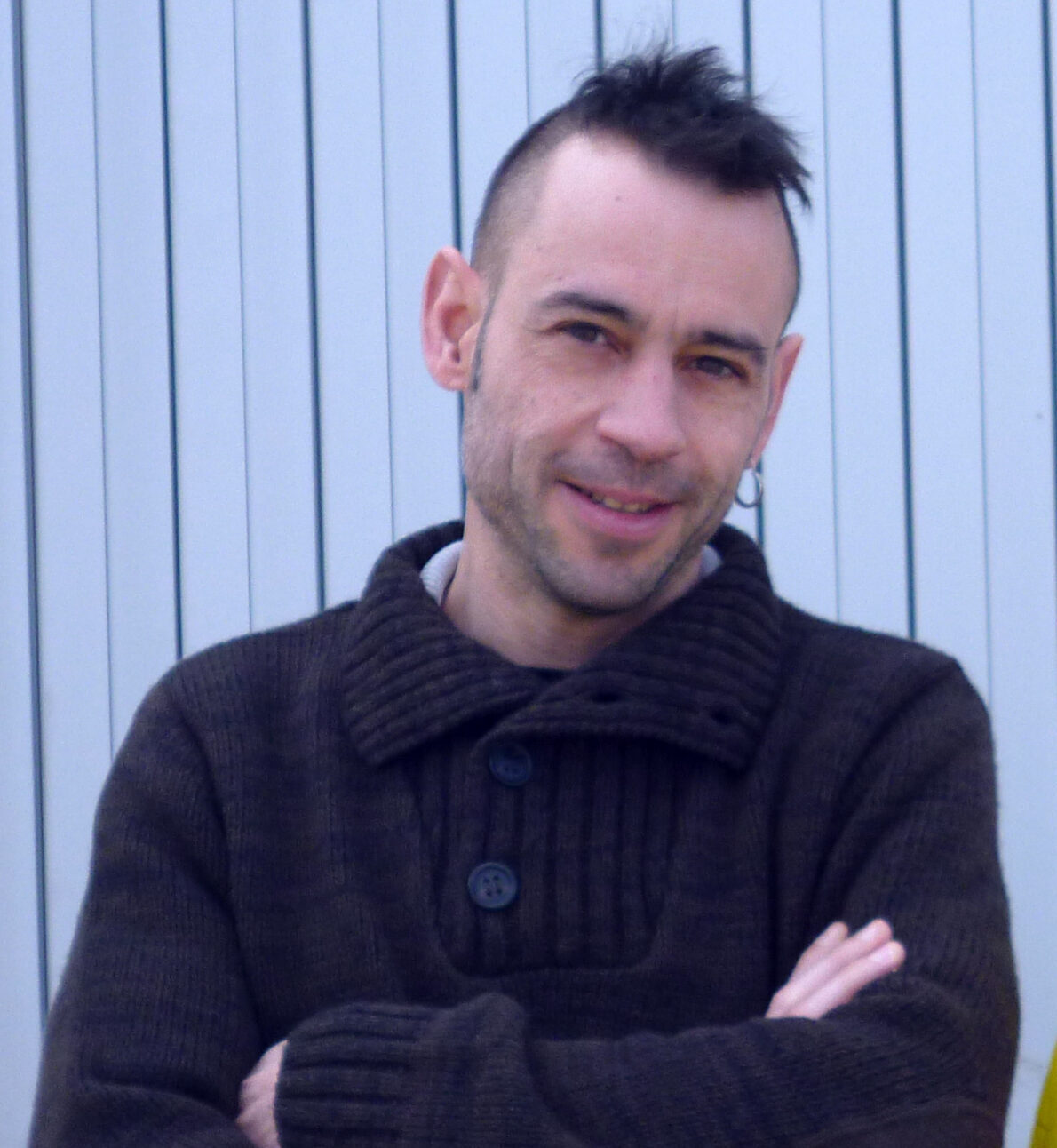In this interview given to Culture Media Lab by the Dôme’s “Science and Society” project director, he introduces this unique place dedicated to participatory research and popular innovation. He explains the stakes and the ambition and presents the event of July 6th which will gather many actors of the field.
The Dôme is a rather unique place and institution in France and in Europe, in the collaborative landscape. Can you tell us a few words about it?
The Dôme is the centre for scientific culture in Caen-Normandy, as there are several in France, generally one per region. One of the specificities of the Dôme as a centre for scientific culture is that it has been designed as a third place. It is not a traditional exhibition centre, a place for conferences or educational workshops. The Dôme offers people the opportunity to participate, collaborate, enrich and test participatory research or popular innovation programmes, in contact with researchers, associations, companies and local authorities. Together, they try to respond to research problems, to the major themes of science and of our society.
What is participatory research and popular innovation?
Among the best known fields is the question of participatory science: the population is invited to contribute and collect data for research programmes. For example, in the field of biology or natural sciences, anyone can record plants and send information to large national programmes run by institutions such as the Natural History Museum, such as the Vigie Nature or Vigie Ciel programmes. It’s about collecting data. There is also a whole current of participatory research that invites the general public to work with researchers in order to bring out research problems and sometimes even to draw up experimental protocols or contribute to the analysis of results. The spectrum of participatory research is also extremely wide in the fields of human and social sciences, agriculture, health and culture. At the Dôme, we have been introduced to these practices through the Living Lab approach, which is a method of innovation with users, where populations are invited to participate in the creativity process at a very early stage, alongside research teams, companies, associations and local authorities.
We are an association whose speciality is to create times, places and situations that allow for dialogue and bring about an encounter between people and institutions that would not otherwise have the opportunity to engage. Cultural and scientific mediation is our core activity. Our question is: how can we create times when the world of research, the world of creation and innovation can more easily enter into dialogue with the population? There are tools and methods that make it possible for people to participate and everyone benefits from this collective experience.
These conceptions, these approaches, these practices have brought you into contact with the Dicen-IdF during your development.
We are members of the national network Particip’Arc, which brings together institutions that are active in the field of participatory cultural research. It is within this network that we met. We were asked to present the methodologies developed at the Dôme, the added value and the different viewpoint that we could bring to meetings or conferences. We had the opportunity to participate in round tables, to showcase our methods of action and interventions with the public. It was in the interstices of institutional time that we were able to exchange on the contributions we had to share: scientific, technical, institutional and methodological expertise for the Dicen-IdF and mainly in mediation and participatory methodology for Le Dôme. It is from this complementarity that the desire to push forward the collaborations was born.
What was the impact of the meeting with Dicen-IdF?
It was truly a meeting between structures and between people. We felt the same spirit, at the crossroads of values and the desire to experiment with things. We were given a round table at the Science & You conference in Metz, which led us to get to know each other better. There I met researchers who had the energy, the desire to take a step aside, to reinterpret the question of participation. Together, we saw ourselves carrying out dynamics with research teams. Researchers have found tools in our way of working that have enabled them to move forward a little more. And vice versa, of course!
As a centre for scientific and technical culture, this has enabled us to experiment beyond our disciplinary perimeter, which includes the natural and physical sciences, and which has only recently been opened up to the SSH. It has also allowed us to move beyond a circle of mainly local Norman partners and to collaborate more widely with partners working in a wider area. Finally, the Dicen-IdF proposed that we be part of its work on the collaborative, which itself included the actors in a collaborative editorial committee. We were from the start very willing to take part in this new, innovative and original approach.
And there is this event, very soon!
The closing day of the ANR Collabora enabled us to network the laboratories with Living Lab and FabPart Lab, the Cité des sciences, the Carrefour Numérique, with whom we had imagined the Dôme. These meetings allow us to achieve congruence between projects. This is how the event of 6 July will take place, for which we are going to bring together many players in the field with the challenge of proposing a meeting that encourages collaboration, that injects methods, that offers methodologies adapted to the public.
As an institution, what do you hope for from this event and from the continuation of this work and research, from these collective times?
Firstly, to share our expertise, to make it work and to respond to the expectations and needs expressed by colleagues and people. To see if our work can be mobilised on a national or international scale, with our methodologies adapted to the research world. Secondly, that all these people imagine new devices, that it produces future projects, that the different profiles of people and participants create hybrid projects. If we manage to turn a research time, which is sometimes very institutional, into a much more participatory form and produce knowledge, it will be a success. And of collective pleasure too. That would already be a very good thing.
Lien
See the project page of ANR Collabora; Contributory Cultural Platforms
Mots-clés
Last news
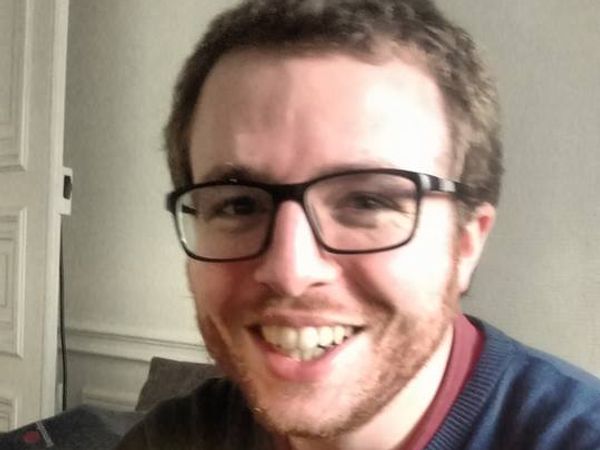
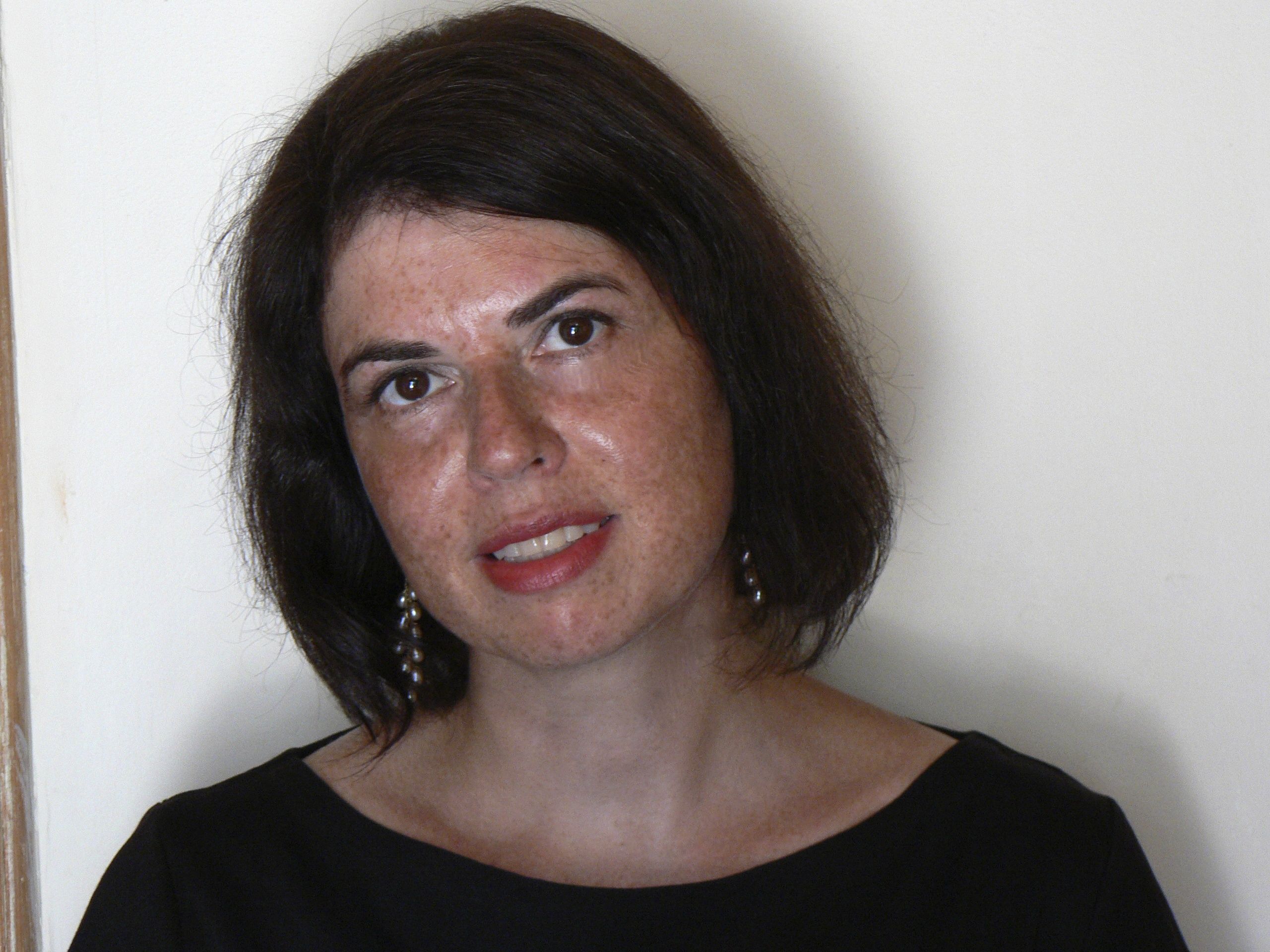
Have a look at the program of the event taking place on the 6th of July 2022.
The “Forum: digital contribution, cultures, knowledge” will be held on 6 July 2022 at the Carrefour numérique² of the Cité des sciences et de l’industrie (Paris) and will be the closing event of the ANR COLLABORA project. This forum is dedicated to contributory cultural platforms, digital platforms that allow civil society actors to contribute to the production of knowledge related to cultural objects.
